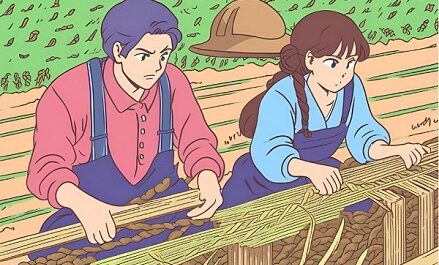Learn Chinese Idiom with Pinyin and English
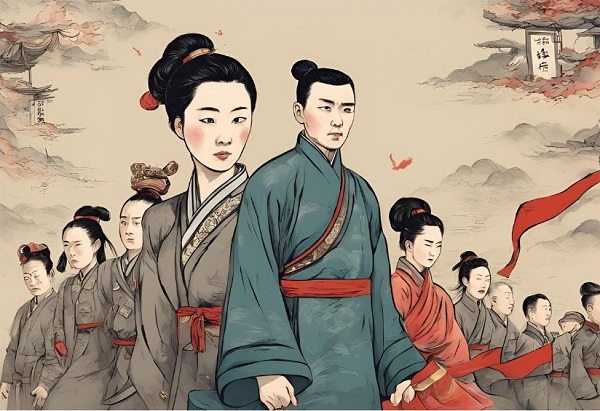
- Idiom in Chinese-儿女英雄。
- Pinyin of Idiom– ér nǚ yīng xióng.
- Idiom’s Meaning in English– This idiom refers to young men and women who are heroic and brave, often with a strong sense of justice and courage.
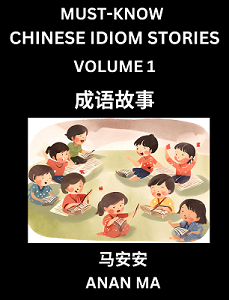
Chinese Idiom Stories Books (HSK All Levels):
- Books to Learn Chinese Idiom Stories (Part 1)
- Books to Learn Chinese Idiom Stories (Part 2)
- Books to Learn Chinese Idiom Stories (Part 3)
Learn Chinese Idiom Story in English (成语故事的英文)
In an ancient town, there lived a group of brave and righteous young men and women. Despite their young age, they all possessed extraordinary courage and wisdom. Whenever there were bullies oppressing the townspeople or invaders threatening the town, they would always be the first to step forward to protect the citizens.
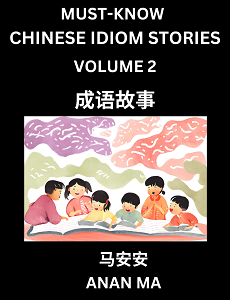
One day, an evil gang of robbers arrived in the town, intending to plunder wealth. Upon hearing the news, these young men and women immediately organized themselves and devised a plan to confront the robbers. Utilizing the town’s geography and architectural advantages, they set traps and obstacles, successfully capturing all the robbers.
The townspeople were deeply grateful to these young heroes, dubbing them the “heroic sons and daughters.” Their bravery and wisdom not only protected their homes but also showcased the strength and hope of the younger generation.
Learn Idiom Story in Chinese (成语故事)
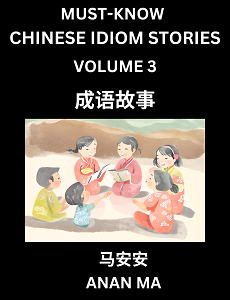
在一个古代的小镇上,生活着一群勇敢而正义的青年男女。他们虽然年纪轻轻,但都有着非凡的勇气和智慧。每当镇上有恶霸欺压百姓,或是外敌来犯,他们总是第一时间站出来保护镇民。
有一次,一个邪恶的盗贼团伙来到镇上,企图抢夺财物。这些青年男女得知消息后,毫不犹豫地组织起来,制定计划对抗盗贼。他们利用地形和建筑优势,设下陷阱和障碍,成功地将盗贼一网打尽。
镇上的人们都非常感激这些青年男女,称他们为“儿女英雄”。他们的勇敢和智慧不仅保护了家园,还让人们看到了年轻一代的力量和希望。
Learn Keywords with English, Simplified Chinese Characters, and Pinyin (关键词)
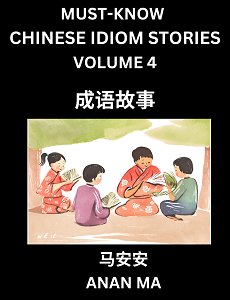
- 青年男女(qīng nián nán nǚ): young men and women
- 勇气(yǒng qì): courage
- 智慧(zhì huì): wisdom
- 盗贼团伙(dào zéi tuán huǒ): gang of robbers
- 陷阱(xiàn jǐng): trap
- 一网打尽(yī wǎng dǎ jìn): to round up all the culprits
Pinyin of Idiom Story (故事的拼音)
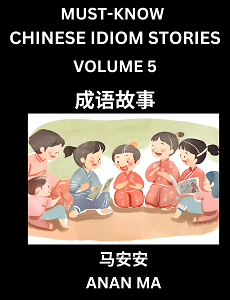
Zài yīgè gǔdài de xiǎo zhèn shàng, shēnghuózhe yīqún yǒnggǎn ér zhèngyì de qīngnián nánnǚ. Tāmen suīrán niánjì qīng qīng, dàn dōu yǒuzhe fēifán de yǒngqì hé zhìhuì. Měi dāng zhèn shàng yǒu èbà qīyā bǎixìng, huò shì wàidí lái fàn, tāmen zǒng shì dì yī shíjiān zhàn chūlái bǎohù zhèn mín.
Yǒu yīcì, yīgè xié’è de dàozéi tuánhuǒ lái dào zhèn shàng, qìtú qiǎngduó cáiwù. Zhèxiē qīngnián nánnǚ dé zhī xiāoxī hòu, háo bù yóuyù dì zǔzhī qǐlái, zhìdìng jìhuà duìkàng dàozéi. Tāmen lìyòng dìxíng hé jiànzhú yōushì, shè xià xiànjǐng hé zhàng’ài, chénggōng de jiāng dàozéi yīwǎngdǎjìn.
Zhèn shàng de rénmen dōu fēicháng gǎnjī zhèxiē qīngnián nánnǚ, chēng tāmen wèi “érnǚ yīngxióng”. Tāmen de yǒnggǎn hé zhìhuì bùjǐn bǎohùle jiāyuán, hái ràng rénmen kàn dàole niánqīng yīdài de lìliàng hé xīwàng.




